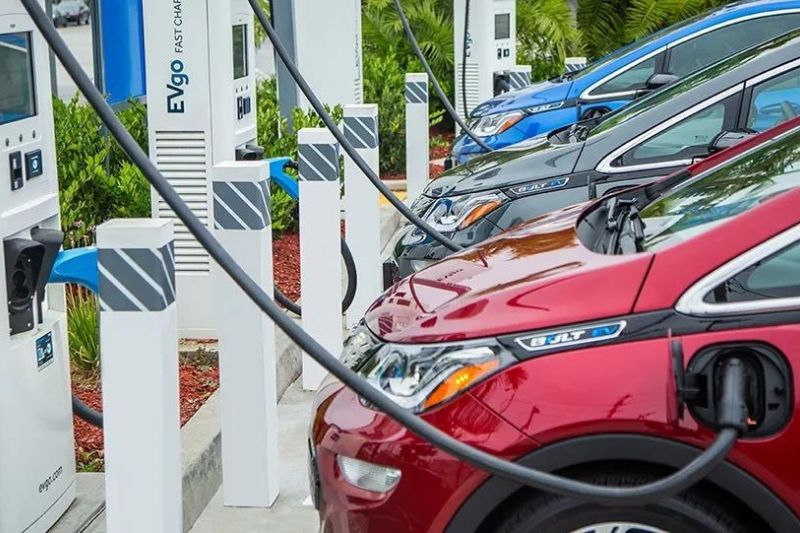Well, this one is a can of worms.
- There are no specific offences for unplugging an EV that is charging
- But you could find yourself fined for other offences
- Expect leniency if it’s fully charged, but if it’s still charging, that’s naughty
Just ask any EV owner how they feel when pulled up to a public charger only to find a car parked there, with the display stating the vehicle is completely charged, but the car’s owner is nowhere to be found.
There are apps that allow a common decency element to this, like PlugShare, where you can put a status update and state that you’re “going to be back by 4pm” or something like that.
But if 4:00 pm rolls around, then 4:10 pm, 4:20 pm, and so on, and nobody surfaces to claim their fully charged car, can you get in trouble for unplugging it and plugging yours in, if it’s possible to do so?
The answer is – at this stage – very unclear, with points made by different jurisdictions showing that there is a need for some kind of rule, law, guideline or regulation to manage this kind of scenario.
Anecdotally, I spoke with a couple that were charging their EV once, and they told me this exact scenario had played out in front of them, only for it to result in a physical altercation between the person who had their vehicle unplugged (despite it being fully recharged) and the unplugger, who need to juice their car’s battery.
Yes, some vehicles have locking mechanisms that require the car to be unlocked for it to release the charging cable from the port, and that could foil the plan before you enact it. But other cars, when plugged in, can be unplugged if the DC charge feed is cancelled or completed.
It seems that the best rule of thumb for this scenario will always be that if the car parked and plugged in is fully charged, it is fair game to stop that charge and plug in your own car.
However, if you were to unplug a car that hasn’t completed its charge, you could be legally in the wrong.
There is no national or state/territory legislation around unplugging a person’s electric vehicle, so no specific laws or penalties apply. But that doesn’t mean it’s something you can do, and have zero ramifications for.
There are a few great guides on EV etiquette when charging, and all of them basically say the same things:
- You need to be okay with not getting to 100 per cent charge if there is a queue of people. Older EVs can slow down their charging rate significantly in the last 10 per cent of charging, so unless you really need to get to 100%, it’s considered polite to finish up faster.
- Be courteous and kind. We’ve learned the art of lining up for a petrol pump, so queueing for EV charging spots is not that different. It is acknowledged, however, that charge stations might not have the same sort of ‘flow-through’ design for recharging, so when you queue, ask around and see if anyone was there before you that you hadn’t noticed. It shouldn’t be hard. They’ll be driving an electric car, after all.
For instance, a Queensland police officer we spoke with said that under the state’s Traffic Act, you could be found to have “unlawfully interfered with the mechanisms of a motor vehicle,” because, in the situation where a car is plugged in, the vehicle and the charger are likely to be considered one and the same. As such, you would have no right to unplug the vehicle, and could be fined accordingly under that offence.
Further, a spokesperson for Victorian police media advised us that: “The unplugging of a car would depend on individual circumstances, while there is no direct offence for it, it could constitute a trespass or something along those lines pending on where it occurred.”
As is the case with letting down someone’s tyres, you could be found to have interfered with a motor vehicle, an offence that in some states could mean a penalty of just a few hundred bucks, or a fortnight behind bars.
Not intended as legal advice. Check with the relevant roads authority in your state or territory.

